Ukraine Wolves living in the Chernobyl exclusion zone have altered immune systems in a similar way to cancer patients undergoing radiotherapy.
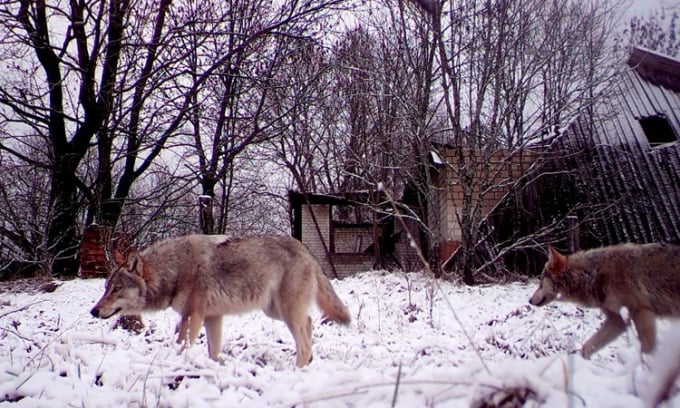
Wolves roam the Chernobyl exclusion zone. Photo: Reuters
New research shows that wolf populations living in the Chernobyl Exclusion Zone (CEZ) are genetically different from their counterparts outside the zone. In particular, wolves exposed to radiation appear to have developed protective mutations that increase their survival rate when they develop cancer, IFL Science reported on February 8.
Like many other animals, wolf packs have thrived in Ukraine’s CEZ since it was abandoned after the 1986 nuclear disaster. The absence of humans has allowed the wildlife to thrive unhindered. But adapting to this free environment has also come with the problem of radiation. To understand how the animals survive, Cara Love, an evolutionary biologist and ecotoxicologist at Princeton University, has been studying Chernobyl wolves for the past decade.
In 2014, Love and colleagues traveled to the CEZ and collected blood samples from wolves to see how they responded to cancer-causing radiation. Some were also fitted with radio collars that collected information about their location and radiation exposure in real time.
The study found that wolves in the CEZ were exposed to more than 11.28 millirems of radiation every day of their lives, more than six times the level allowed for human workers. The study also found that wolves had immune system changes similar to those of cancer patients undergoing radiation therapy. Furthermore, genetic analysis showed that a portion of the wolf genome developed resistance to cancer. Similar findings were found in hundreds of semi-wild dogs living in the CEZ. In 2023, scientists found that stray dogs in Chernobyl were genetically different from domestic dogs elsewhere in the world.
Love’s discovery could have implications for human health. Love hopes to use the research to identify protective mutations that increase survival rates for people with cancer. However, the Covid-19 pandemic and the war in Russia and Ukraine have prevented Love and his colleagues from returning to CEZ. They are not sure when they will be able to return. They presented their findings at the annual meeting of the Society for Integrative and Comparative Biology in Seattle, Washington.
An Khang (According to IFL Science )
Source link


![[Photo] National Assembly Chairman Tran Thanh Man attends the VinFuture 2025 Award Ceremony](/_next/image?url=https%3A%2F%2Fvphoto.vietnam.vn%2Fthumb%2F1200x675%2Fvietnam%2Fresource%2FIMAGE%2F2025%2F12%2F05%2F1764951162416_2628509768338816493-6995-jpg.webp&w=3840&q=75)




![[Photo] 60th Anniversary of the Founding of the Vietnam Association of Photographic Artists](/_next/image?url=https%3A%2F%2Fvphoto.vietnam.vn%2Fthumb%2F1200x675%2Fvietnam%2Fresource%2FIMAGE%2F2025%2F12%2F05%2F1764935864512_a1-bnd-0841-9740-jpg.webp&w=3840&q=75)
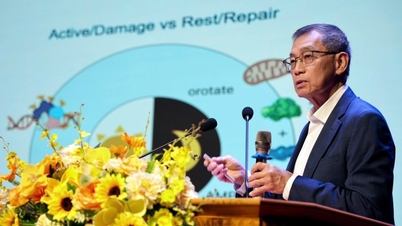




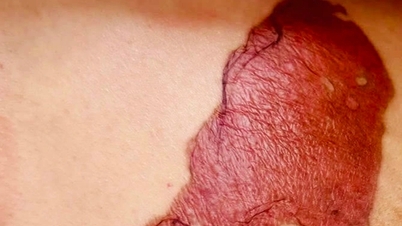
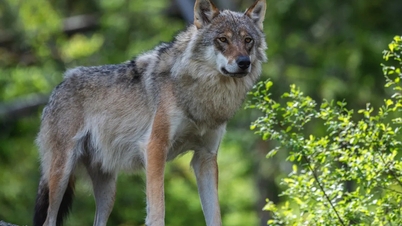

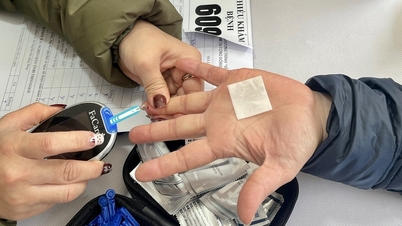




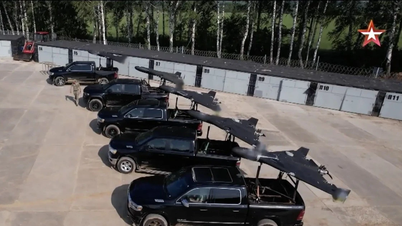
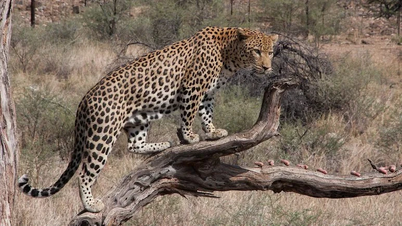




























































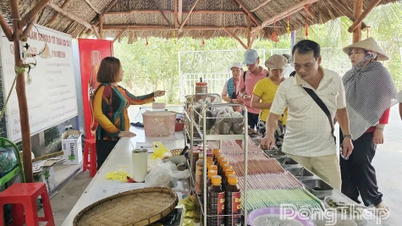

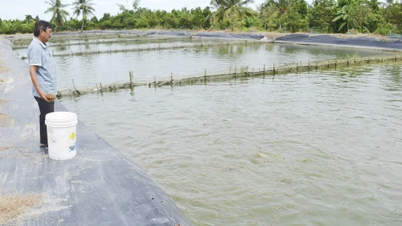




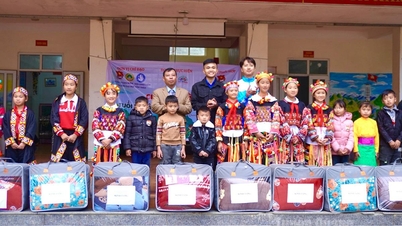











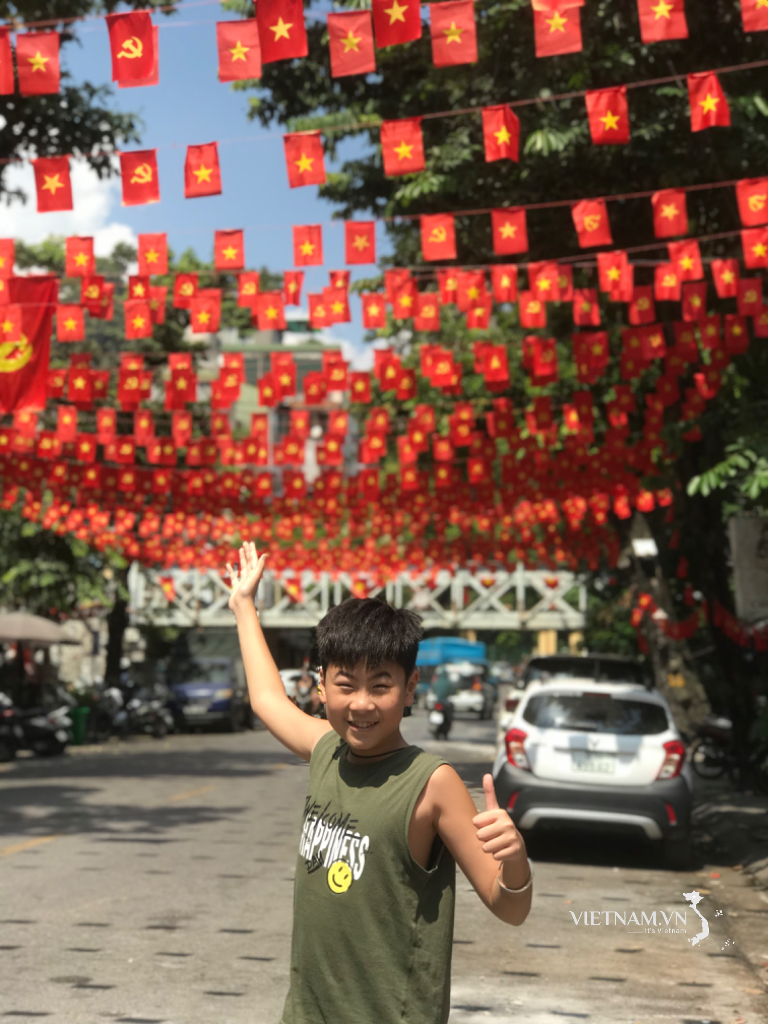






Comment (0)